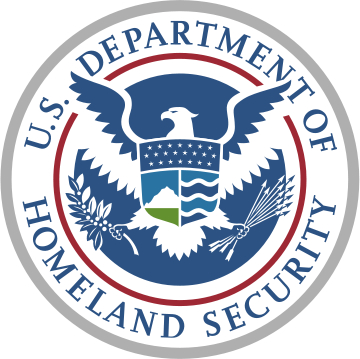The recent implementation of a long-awaited U.S. homeland security program has reinvigorated debate over the international consequences of controversial cargo security legislation passed earlier this summer. The Department of Homeland Security's Secure Freight Initiative, co-managed by the Customs and Border Protection office (CBP) and the Department of Energy's National Nuclear Security Administration, began testing Oct. 12 whether scanning 100 percent of sea cargo destined for the United States is feasible and effective for enhancing supply chain security. The tests are taking place at the United Kingdom's Southampton Container Terminals, Pakistan's Port Qasim and Honduras' Puerto Cortez, with CBP set to release a report about the program's successes and failures next April. However, many public and industry officials both in the United States and abroad say Congress and the president got ahead of themselves and possibly made a grave mistake by mandating 100 percent scanning of all U.S.-bound cargo originating in foreign ports before knowing the full results of the pilot tests.
Cargo Scanning Program Sparks International Debate Over U.S. Homeland Security Policy

